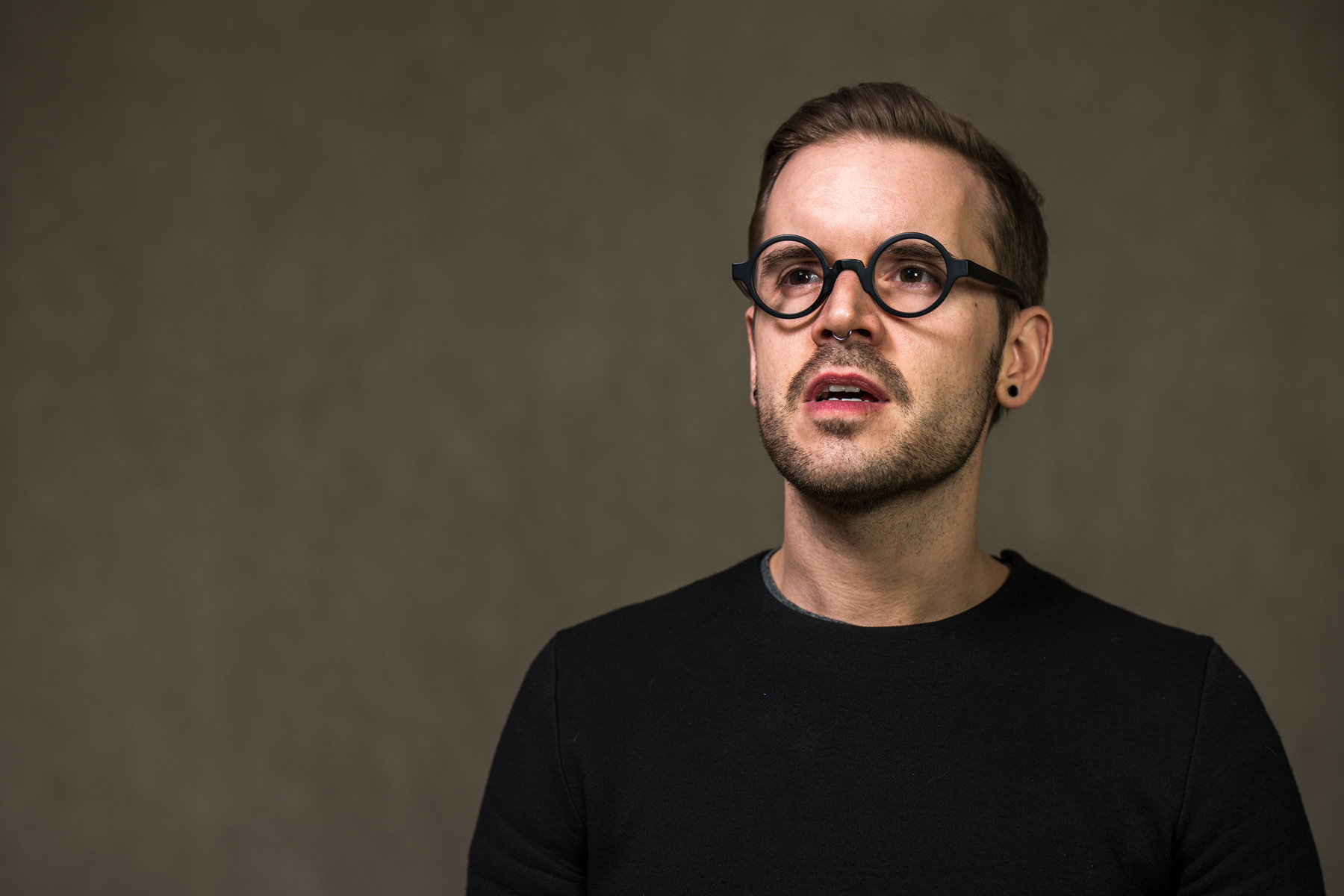How has NEIU been able to foster your understanding of yourself?
In my last few semesters at NEIU, I’ve been challenged to examine my knowledge of how society functions in various aspects. In particular, within the confines of gender, sexuality and race. It has been an honor to have classrooms that focus on creating a safe space to talk about sensitive topics and has informed me of deeper issues that marginalized groups of people face and how to remedy conflicts or misunderstanding with empathy. I’ve learned to become more vulnerable in my approach when expressing my downfalls and my own personal misunderstandings so that I can see points of view that are different from mine and to really try to navigate this and look at how this can not only positively change small groups and individuals, but also contributes to the betterment of the world as a whole. I’m extremely inspired by the professors I’ve had and the content we analyzed in detail and now feel obligated to share what I’ve learned as I continue on my path to higher education and in my future career of social services and advocacy. (I highly recommend Sociology of Sexuality as a must-take class no matter what you are studying!)

You practice something called wabi-sabi. What is it, and how do you apply it to your life?
Wabi-sabi is a Japanese term that means a way of living that focuses on finding beauty within the imperfections of life and accepting peacefully the natural cycle of growth and decay. The idea is to draw attention to the imperfection and celebrate it rather than hide it. We all have our hardships and struggles whether they be physical, emotional or spiritual. I remind myself of this concept whenever I feel shame. Shame can leave cracks in a person, but I like to believe that cracks let the light in and show us how to transmute harmful words, actions and injustices placed upon us by society. But when you think of wabi-sabi, when you are exposed to various obstacles, you mend those cracks and the scars only remind you of what you are capable of overcoming.


In your experience, what is privilege and what do people misunderstand about it?
Privilege is a special right, advantage or immunity granted or available only to a particular person or group. A privileged person has more opportunities available to them than others based on race, class and gender. This can include education access, financial situation, color of your skin or if you are a man or woman or if you are LGBTQ+ or straight. Privilege can be misunderstood by the folks who are privileged. A lot of the time people of privilege do not recognize their advantages and therefore lack empathy for those who are part of marginalized communities in society who do not have access to the same resources. This is dangerous, as lack of awareness can and does continue to divide people. The more people of privilege are aware of their privilege and understand how society has created space for these divides between people, I feel that it will shed light on how privilege fosters the core of discrimination and inequality.

From your perspective, what opportunities can the LGBTQ+ community take to better exercise its own self-care? What can allies be aware of that would be helpful?
That shame is real and can hinder a person’s development to be an authentic and liberated human being. Most of the LGBTQ+ community has been taught to believe that who and how we love is wrong and in extreme cases are shunned and alienated from our families and those who are expected to support us. It can be a very hard first step to make, but I believe therapy is one way to break free from all of the toxic conditioned behaviors we’ve been exposed to as a community, that can contribute to self-hate. Therapy is an opportunity to rewrite your script and break free from shame and self-loathing. I truly believe once you reach a point of understanding of the damage at its core, the healing process will begin and you can speak up and be a strong voice for someone else who may be stuck in the loop of being silenced and shamed by the heteronormative and binary ideas. Don’t give up the fight and continue to challenge social norms to find freedom and love of oneself and others around you.







